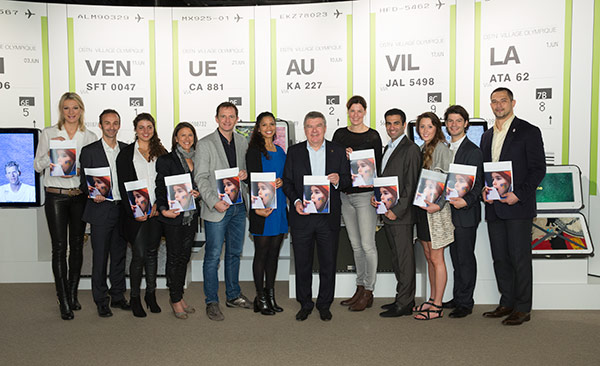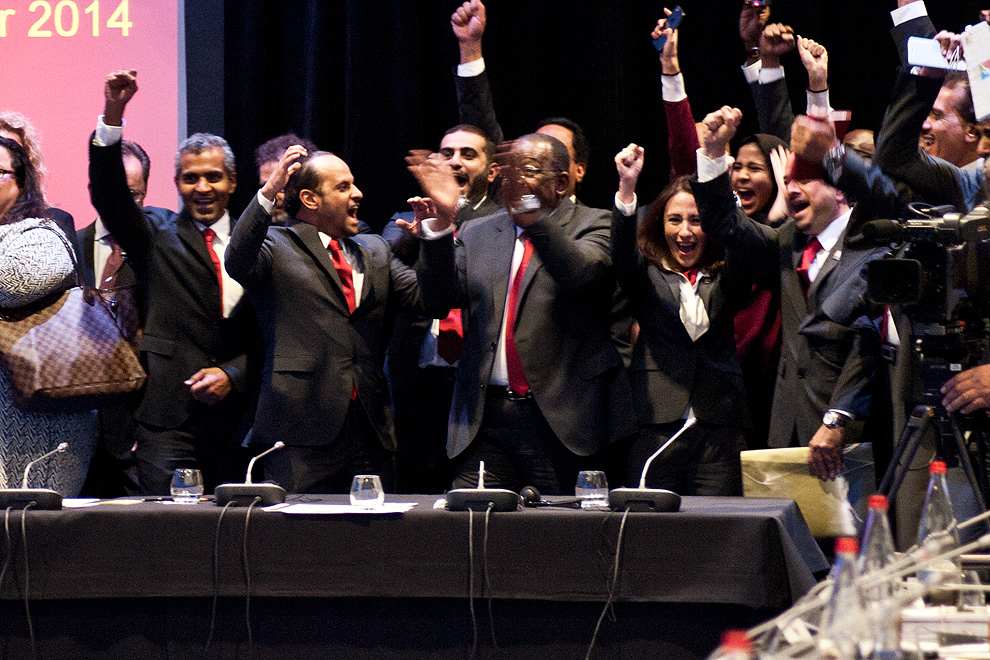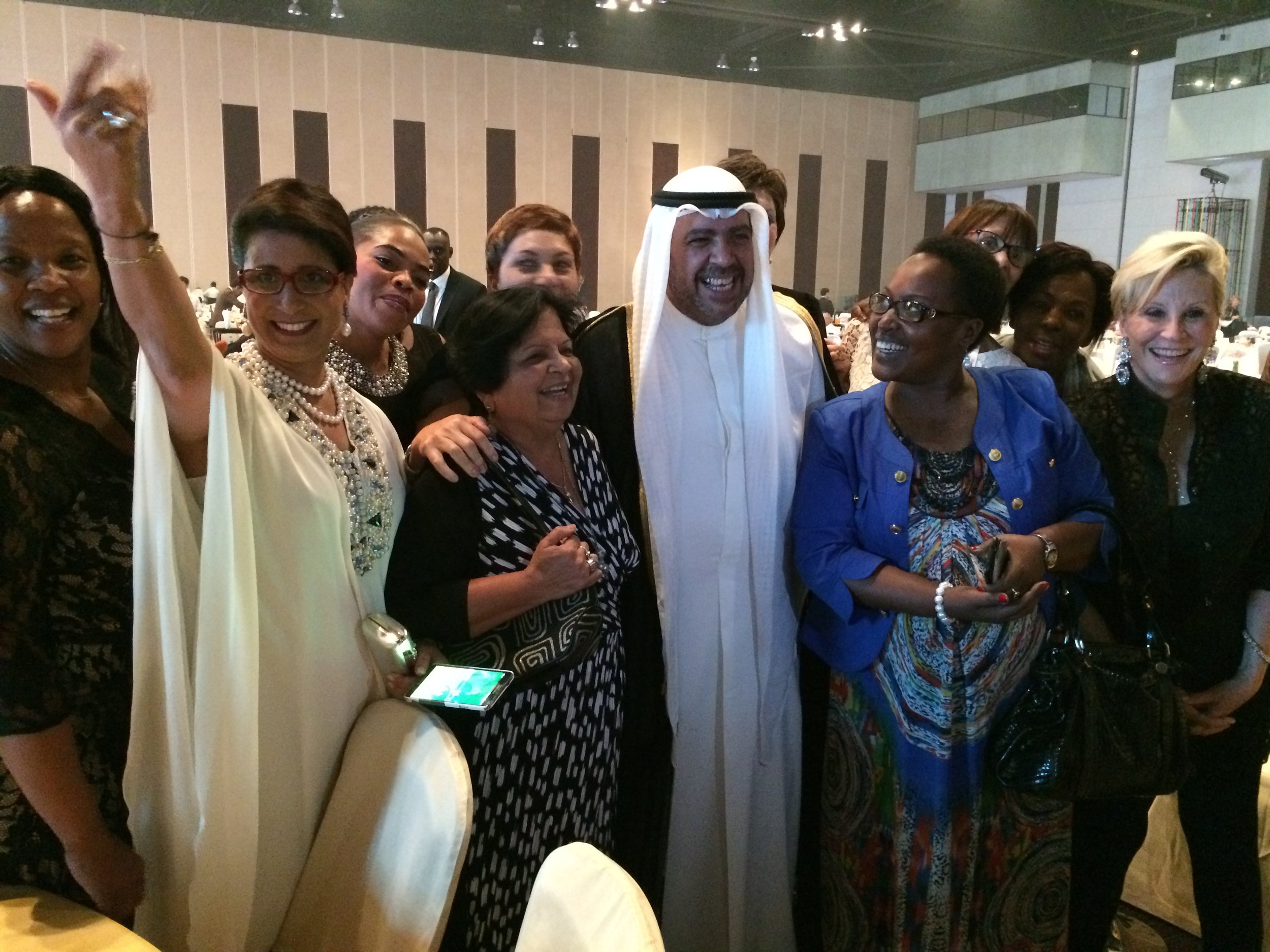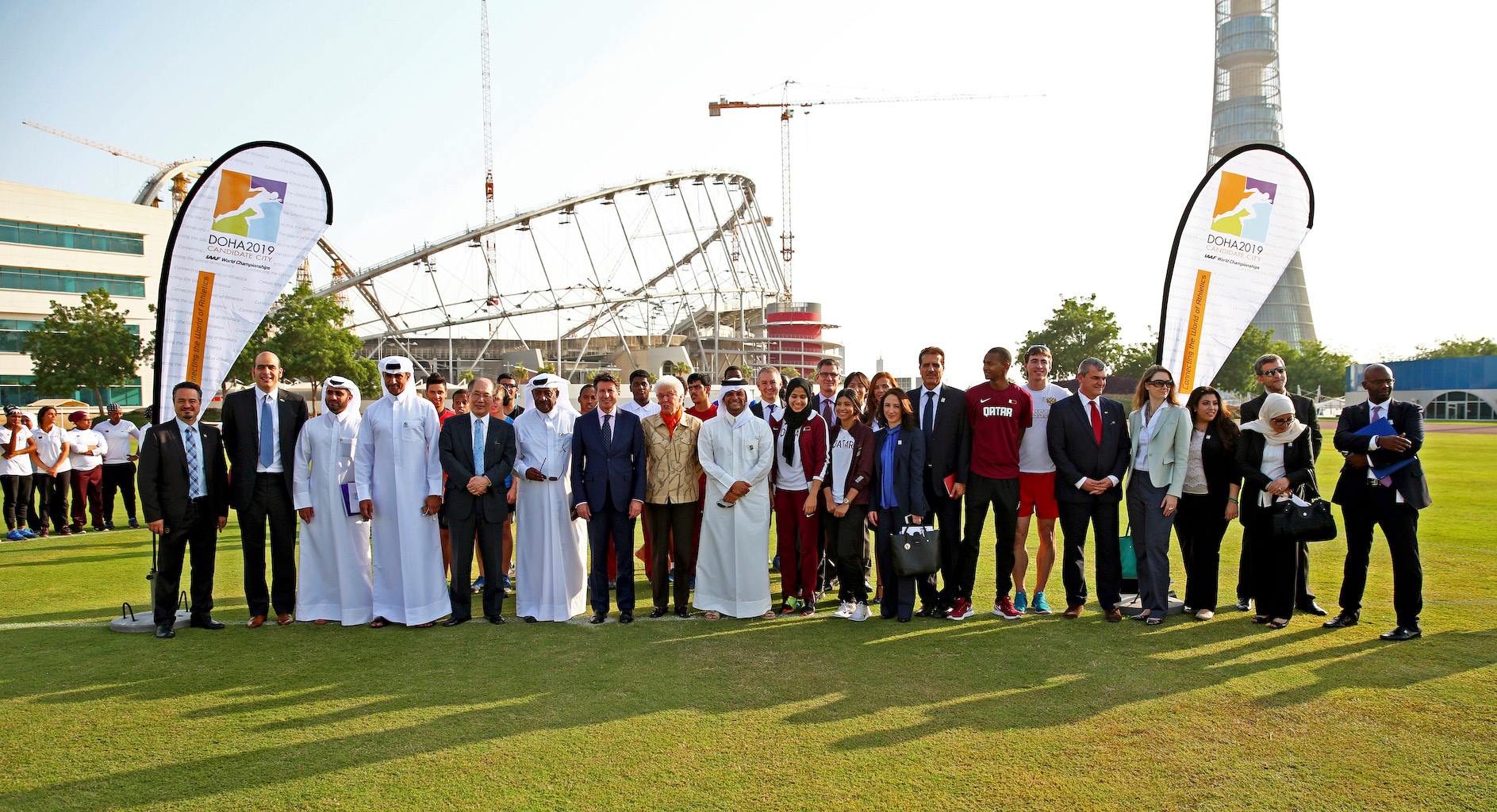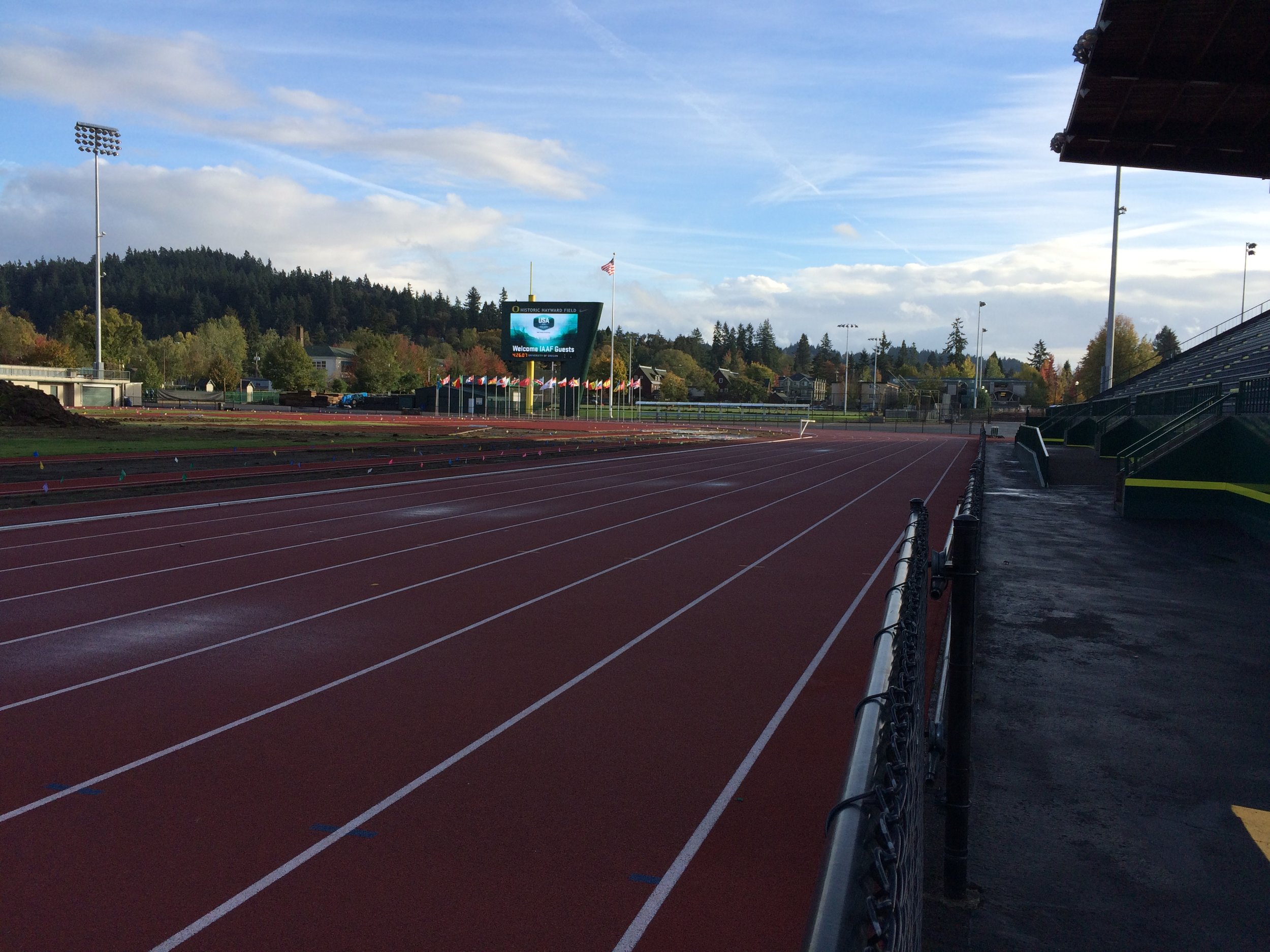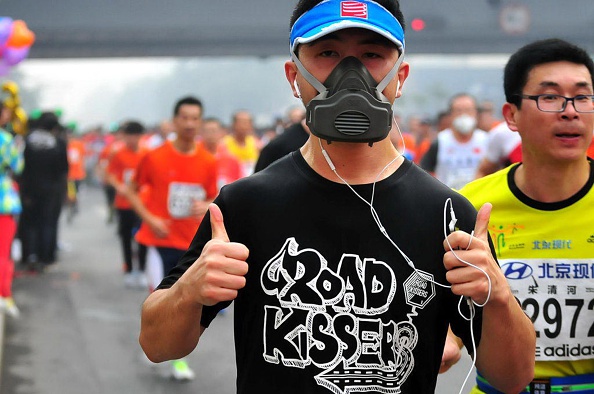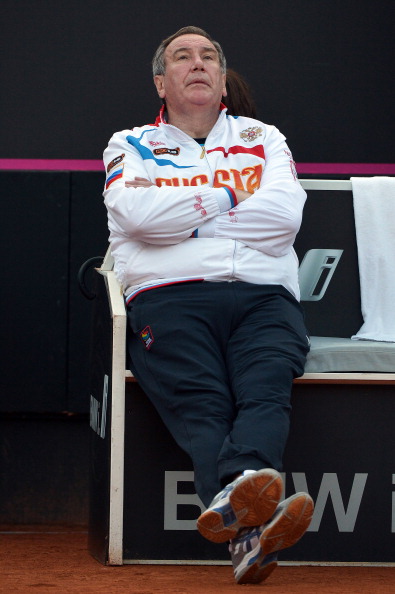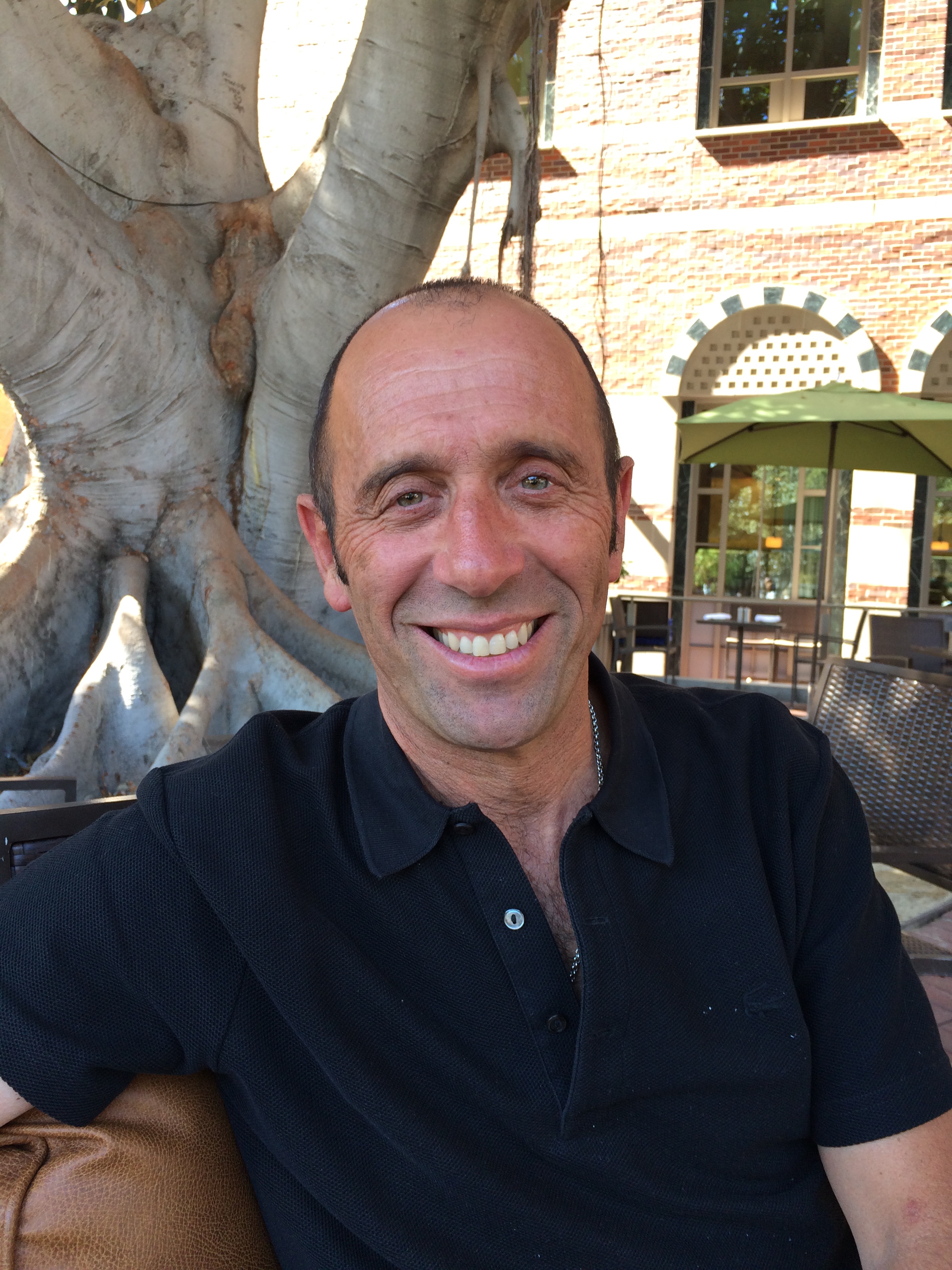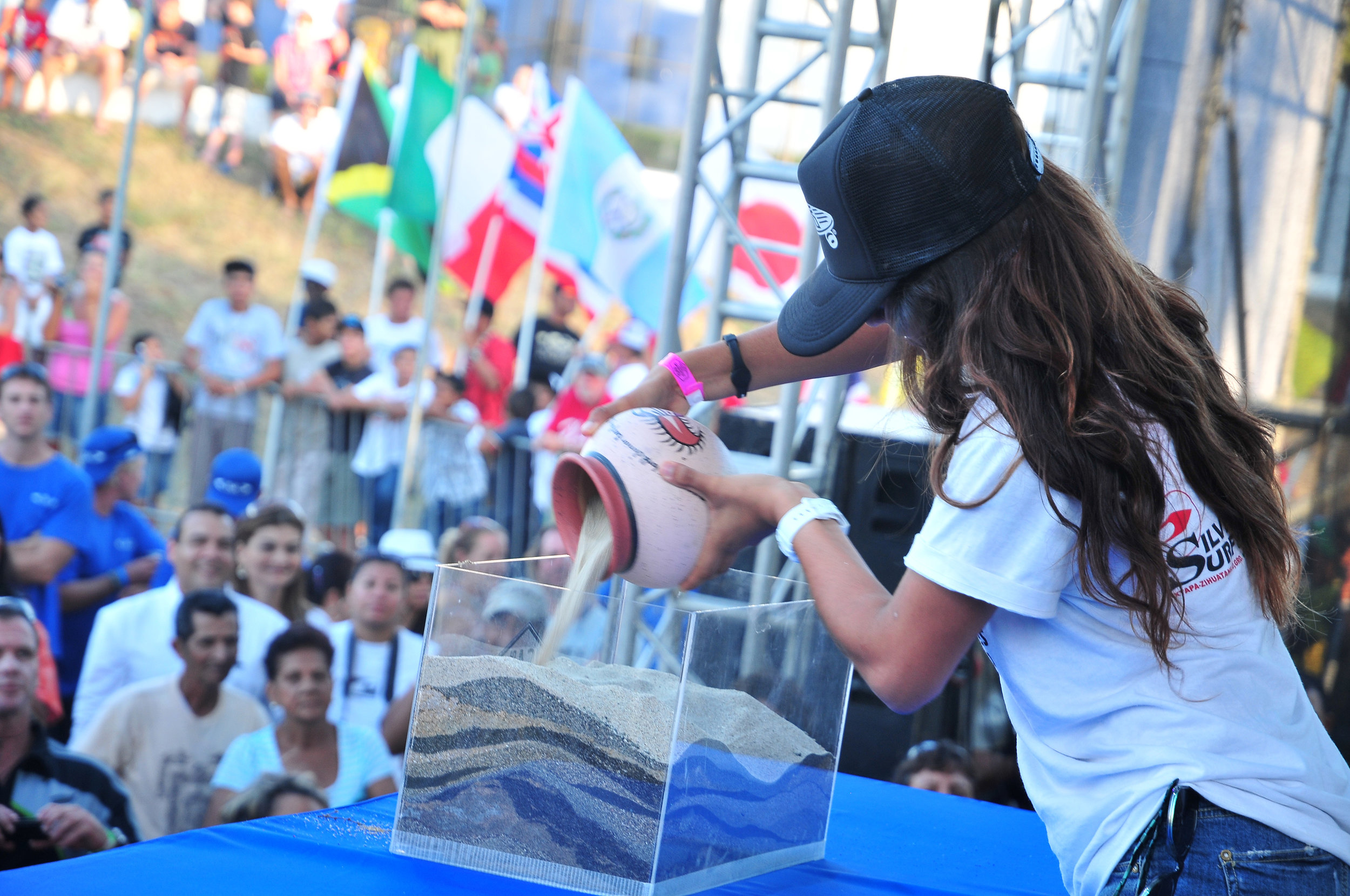MONACO — It was 15 years ago Wednesday that Senegal’s Lamine Diack took over as president of the IAAF, the international track and field federation, just 12 days after the death of Italy’s Primo Nebiolo. Diack is now 81, and here Friday he grew reflective looking both back and out at the last few months of his presidency, due to end next August. “We must never relax, be relaxed,” he said, “about our place in the world of sport.”
In a speech immediately preceding the announcement to the press of the IAAF’s athlete of the year awards, won by New Zealand shot-putter Valerie Adams and French pole-vaulter Renaud Lavillenie, Diack said it was a “pleasure” to celebrate both so that they, and like-minded others, “can continue to fight for our values.”
Track and field, he said, is “helping to shape” the International Olympic Committee’s “Agenda 2020” potential reform project. At the same time, he made clear, track “is the soul” of the Games and while new sports “may be coming and so on, athletics,” using the word in wide use outside the United States for track and field, is not just the soul but also “the heart” of the Games.
In all, Diack's remarks marked the sort of valedictory one might have expected come next August in Beijing, upon the occasion of both the 2015 world championships, when the vote to succeed him will take place. The vote is Aug. 19; the meet itself runs Aug. 22-30.
Britain’s Sebastian Coe and Ukraine’s Sergey Bubka are expected to vie for the presidency. Neither has publicly declared.
Diack’s comments Friday turned into a reminder of how track and field’s leaders see the sport as the undisputed No. 1 Olympic event, combined with a pointed political rejoinder — conflated with the selection of both Adams and Lavillenie — of the import not just of track but of field as well, and of two marquee athletes widely believed to be doping-free.
In a year in which the U.S. sprinter Justin Gatlin — who has been busted twice for doping — dominated the sprints and was included in the initial nominations for athlete of the year, which caused considerable controversy within track circles, Adams and Lavillenie stand, for many, as portraits of The Anti-Gatlin.
Adams becomes the first female thrower to win athlete of the year, Lavillenie the first male pole vaulter.
Not even Bubka won the award, which was established in 1988.
Beyond the drama sparked by someone like Gatlin, a year like 2014 makes for an intriguing set piece for end-of-year awards. Usain Bolt did not run, or at least much. There were no outdoor world championships and no Olympic Games. Different athletes, from wherever in the world, can find themselves working on different things — witness decathlon champion Ashton Eaton’s foray into the 400-meter hurdles.
Lavillenie, in mid-February, jumping in Donetsk, Ukraine, before an audience that included Bubka, broke Bubka’s 21-year-old world-record in the vault. The old mark: 6.15 meters, 20 feet-2 1/4 inches. The new: 6.16, 20-2 1/2.
“Everything came faster than I planned,” he said of breaking Bubka’s record, explaining that he “was more for maybe breaking it in 2015 or ’16.”
He went on, “This is the beauty of sport. You can’t plan everything. It was really amazing for me.”
Lavillenie is of course the 2012 Olympic champion. He had only one blemish on his 2014 season — he no-heighted at the Diamond League meet in Stockholm, meaning he lost in but one of 22 outings. "This," he said, "is not bad."
Adams is, right now, like the U.S. baseball star Joe DiMaggio. She has not lost in 56 straight meets.
Over the past two years, she has undergone four surgeries. She came to Monaco nursing the effects of work on a shoulder and an elbow, looking out not just toward 2015 but to Rio and the 2016 Olympics and the 2018 Commonwealth Games in Australia.
“It takes lots of guts, four operations, lots of pain, lots of suffering, but if you have the passion firing, it makes the difference,” she said, adding, “When you want to do something, it becomes easier for you.”
Adams is now 30. She also said, “I’m not 21 anymore. I have to manage these things. I have that fighting fire within me. I’m mentally strong and my pain threshold is high.”
Adams has long been an outspoken advocate for competing clean, and in an event marked by notorious episodes of doping. She has two Olympic golds, in 2008 and 2012; four outdoor world titles; and three world indoor golds.
“The only drugs I’m on is some kiwi fruit, some lamb from New Zealand and some cows,” she quipped. “And good genes.”
As an example: one of her many brothers, Steven, was a 2013 first-round draft pick by the Oklahoma City Thunder; he is currently averaging 8.1 points and 6.8 rebounds per game.
She also is an extraordinarily proud New Zealander, saying Friday, “We have four million people and 16 million sheep. Go Kiwis!”
Make no mistake: a focus of the IOC’s Agenda 2020 plan is a shift in the Olympic program from sports to events. The idea is to try to get new events in such as surfing, skateboarding, climbing. To do that, though, while keeping within the IOC’s self-proclaimed cap of 10,500 athletes is going to mean that cuts are going to have to come from somewhere, and that means track and field is going to be approached.
Race walking? For all those who consider it goofy: look at the diverse range of countries that have won medals or competed for real in just the past few editions of the Games, especially in the women's events; isn't the IOC purportedly big on universality? Was it mere coincidence that among the IAAF's Hall of Fame inductees Friday was the Polish race-walking star Robert Korzeniowski, winner of four Olympic gold medals and, at the world championships, three golds and a bronze?
Hammer throw? What about tradition and history? In the Summer Games since 1900? What about IOC activist Koji Murofushi of Japan, the 2004 Athens gold medalist?
Shot put? Especially the women’s shot? Adams is in every regard a deserving IAAF athlete of the year winner in 2014. She was nominated for the same award in 2013, when the Jamaican sprinter Shelly-Ann Fraser-Pryce prevailed.
Again, looking toward the IOC’s vote on Agenda 2020 back here in Monaco in just two weeks, what -- if anything -- is to be read into the selection of Valerie Adams as your 2014 IAAF female athlete of the year?
“It’s always difficult to compete against the glamor events on the track,” Adams said, adding of the throwers, “We train just as hard as everyone else,” and, “It’s not just a track event, it’s a track and field event.”
Diack may be 81 but many over the years have foundered in underestimating his political skill and resolve. Just moments before, he had said, “I always knew there were many challenges and many things to do.
“I am happy to say that I still have nine months to go. In the past I was counting years. Now I am even counting days. I soon will be transmitting my stick to somebody who will be able to carry it even better than me. This evening’s gala,” referring to the formal announcement of the winners, “must be beautiful for all those who love our sport.
“…This,” he said, “is what I wanted to say.”






